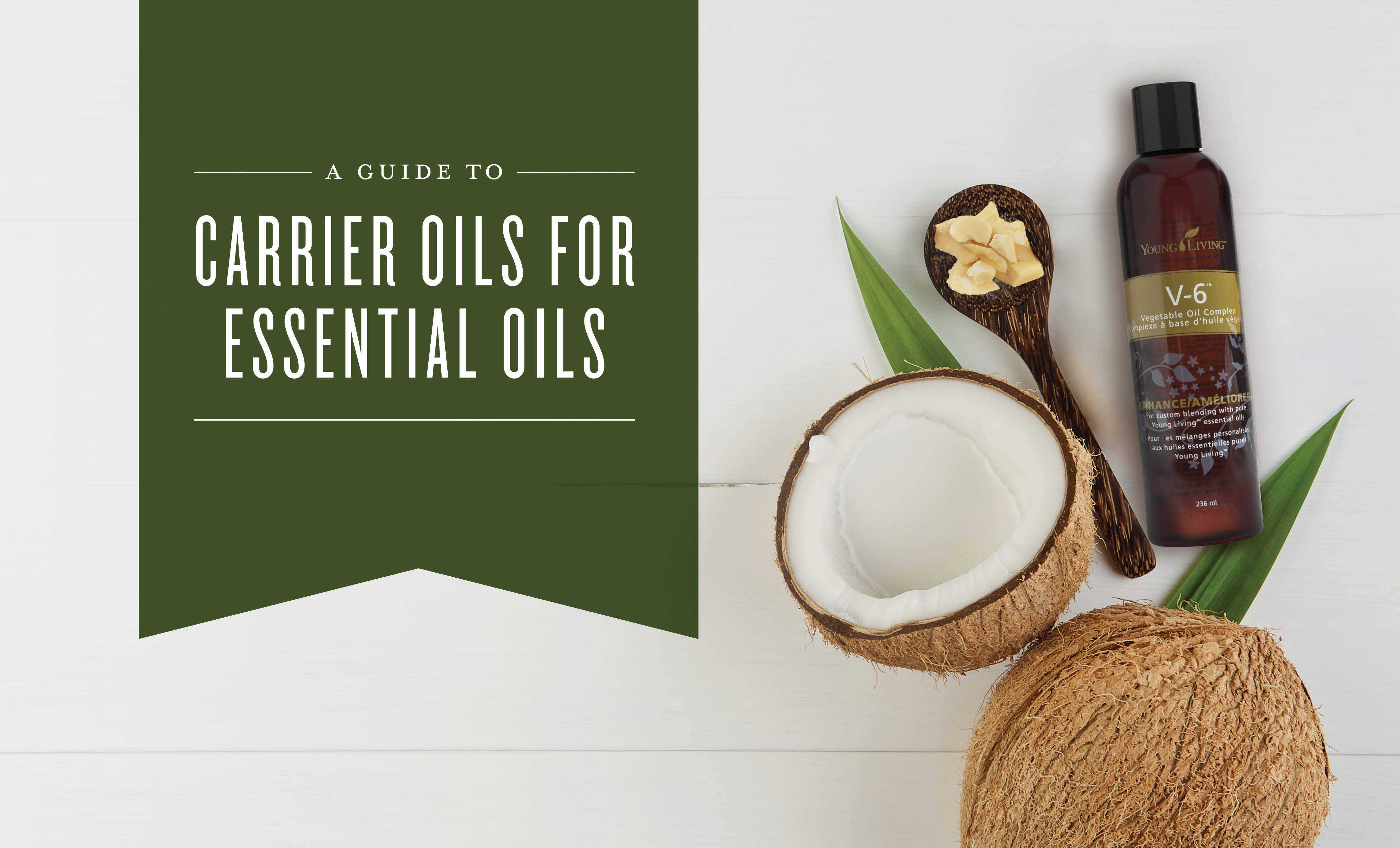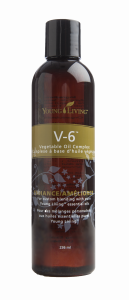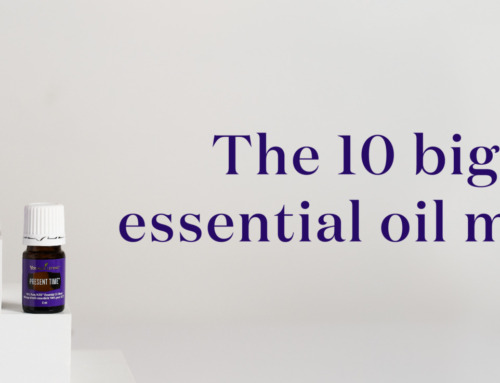From grapeseed to jojoba, you can pretty much find a different carrier oil for every skin treatment. Carrier oils play an important role in applying essential oils topically to skin. They each have unique properties and benefits.
Let’s take a closer look at carrier oils and why anyone who uses and loves essential oils should have them.
What are carrier oils?
Carrier oils are naturally derived from vegetarian sources like the seeds, kernels or nuts of plants. They have a neutral scent and dilute concentrated essential oils so they can be safely applied to the skin.
What are carrier oils not?
Vegetable shortening, margarine and animal products like butter are best left in the kitchen—they’re not intended or advised for topical use. Mineral oils and other petroleum derivatives like petroleum jelly should also not be used as carrier oils.
How are carrier oils used?
Essential oils are volatile, which means they evaporate quickly and contain the natural scent and characteristics of the plant they’re derived from. This can make them too strong and result in skin irritation if applied undiluted. Carrier oils do not evaporate or have a strong scent, which makes them ideal for diluting essential oils—reducing the concentration of the essential oil without diminishing its properties. When you dilute an essential oil with a carrier oil, you can also control its concentration before applying.
Get to know some popular carrier oils!
V-6 Enhanced Vegetable Oil Complex![v6 vegetable oil complex bottle]()
- A proprietary Young Living formula that combines fractionated coconut oil, grapeseed oil, sweet almond oil*, wheat germ oil, sunflower oil and olive oil.
- Wheat germ oil is high in vitamin E and acts as a natural preservative.
- Moisturizes and nourishes the skin.
- Doesn’t clog pores.
- Has a long shelf life.
*Caution: May cause a reaction to those with nut allergies.
Grapeseed Oil
- Light, thin consistency.
- Well suited for massages; leaves a light glossy film over the skin.
- Moisturizes skin.
- High in linoleic acid.
- Relatively short shelf life.
Sweet Almond Oil**
- Has a slightly sweet, nutty aroma.
- Medium consistency.
- Absorbs relatively quickly; leaves a slight hint of oil on the skin.
- Rich in vitamin E and oleic acid.
**Caution: May cause a reaction to those with nut allergies.
Jojoba Oil
- Slightly nutty aroma.
- Medium consistency.
- Superior, non-greasy absorption; similar to the skin’s natural oils.
- Moisturizing for skin and hair.
- Long shelf life.
Olive Oil
- Popular, easy-to-find oil used in both topical and culinary applications.
- Thicker consistency; leaves an oily feel on the skin.
- Stronger aroma.
- Good source of oleic acid (omega fatty acid).
- Relatively short shelf life.
Fractionated Coconut Oil
- Unlike coconut oil, fractionated coconut oil is liquid at room temperature.
- No noticeable aroma.
- Absorbs well; leaves skin feeling silky and moisturized; non-greasy.
- High in essential fatty acids.
- Long shelf life.
Coconut Oil
- Solid at room temperature.
- Distinct coconut aroma.
- Creamy white colour.
- Leaves a moisturizing, oily layer on top of the skin.
- Long shelf life.
Cocoa Butter
- Solid and difficult to work with at room temperature.
- Best used when melted and blended with other carrier oils.
- Sweet, chocolate aroma.
Shea Butter
- Solid at room temperature.
- Nutty aroma.
- Cream coloured.
- Moisturizing to skin and hair; leaves behind a moisturizing, waxy-feeling layer.
Carrier oils have a limited shelf life, meaning they will eventually go bad. Carrier oils should typically be used within six months, but some oils can stay usable for up to one year. To maximize shelf life, store oils in their original air-tight containers in a cool, dark place.
Carrier oils can vary greatly in their consistency, absorbency, scent and shelf life. They can be blended to change or combine their properties, so you can mix and match until you find the blend that’s just right for you!
Which carrier oils do you keep on hand? Share your go-to carrier oils in the comments!
This post is also available in: French







Leave A Comment